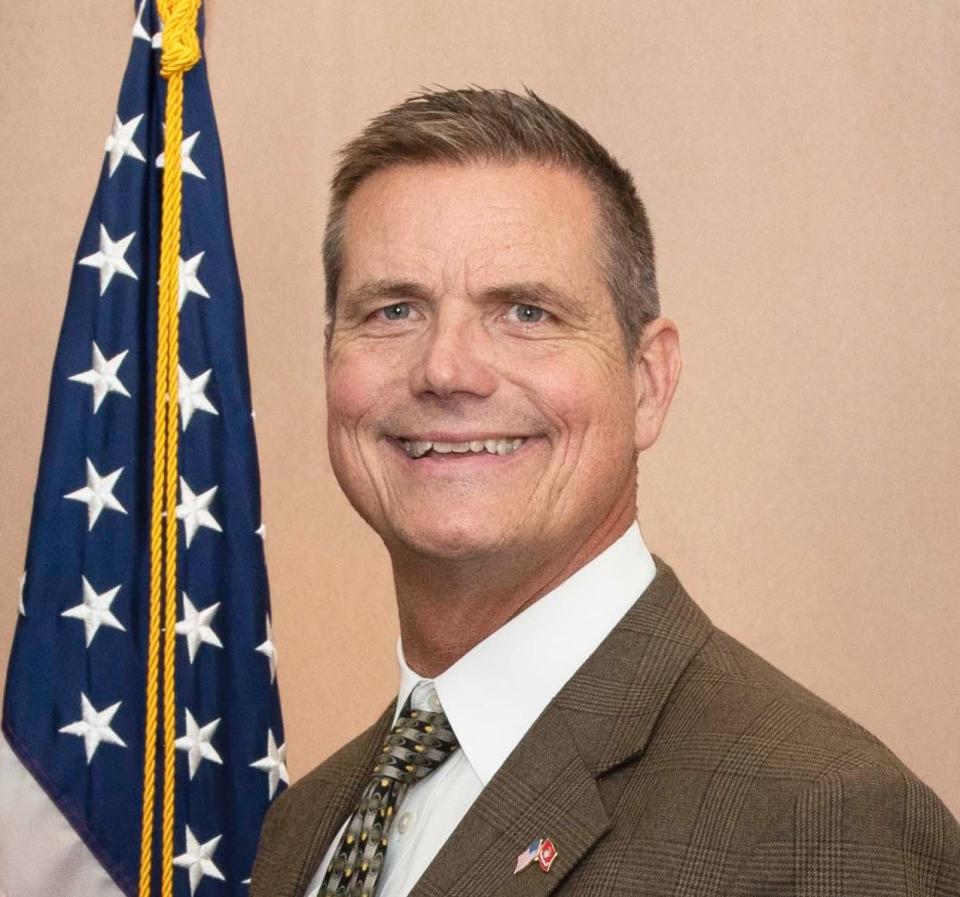Tyre Nichols death: National police reform not needed; here's how to fix things | Opinion
- Oops!Something went wrong.Please try again later.
When disgustingly horrible abuses of police power occur, like those in the Tyre Nichols, George Floyd, or Rodney King cases, the response is often to blame the policing system and immediately call for nationwide reform.
Emotions are justifiably high, and conclusions are made without taking the time and effort to identify the issues. Making emotional decisions without gathering and analyzing all the available information, we are doomed to fail.
An example of this is the “Defund the Police” movement and the vilification of the police over the past couple of years. Currently, cities that moved toward this philosophy are experiencing increased crime, officers resigning or retiring at record levels, and now have the inability to recruit replacements.
As mentioned above, all three issues occurred in large metropolitan areas with a reputation for heavy-handed policing. The fact is that these abuses of police power are incredibly infrequent, as there are millions of police-initiated encounters each year where officers conduct themselves appropriately. The statistics and facts do not show that police use excessive force regularly nationwide, nor do they illustrate a need for nationwide reform.
Democrats in Florida: DeSantis dooms Dems; unicorn, leadership way back, ex-Treasure Coast reps say | Opinion
Retired officer: De-escalation not dirty word; police mission to protect, serve | Opinion

So, what are some of the issues?
Increased training is often touted as the answer. Police officers have received more training and are better educated today than at any time in history. Technology and equipment have increased effective police response and police accountability. De-escalation and tactical disengagement today are standard police practices. Training is helpful, but is different from the panacea.
There are three primary ways we learn. Cognitive learning is essential to develop intellectual knowledge and problem-solving ability. Psychomotor skills refer to physical movement, motor skills, agility, and coordination. Affective learning relates to attitude, commitment, values, feelings, emotions, and how the individual chooses to act.
Training is effective at increasing cognitive and psychomotor learning. Affective learning is the most difficult and requires more than just training. It requires identifying the right people for this profession.
If we want to be successful, the police must hire individuals with the values, temperament, and emotional abilities required for the job. Cities, counties, and states must identify executives who understand the police culture and are willing to change the toxic engrained culture in some police organizations.

The desire for change must be the focus of every executive. There must be a top-down commitment in all personnel issues, from hiring to transfers and promotions. This is the responsibility of the police executive. Only when agencies hire, transfer, and promote individuals with the proper values, attitudes, and commitments will we successfully establish organizations with the core values required to serve our communities properly.
Our system of government is unique in the world, and our uniqueness is our strength. Policing is a community responsibility, not a federal mandate. Our Constitution is clear on this. Nationwide police reform is not needed. It is the responsibility of the local government and local communities.
David R. Thompson, a U.S. Marine Corps veteran and Indian River County, Florida, resident, served the St. Lucie County Sheriff’s Office for over 30 years. He is an adjunct faculty member at Indian River State College.
This article originally appeared on Treasure Coast Newspapers: Nichols case: National police reform not needed; here's fix | Opinion

